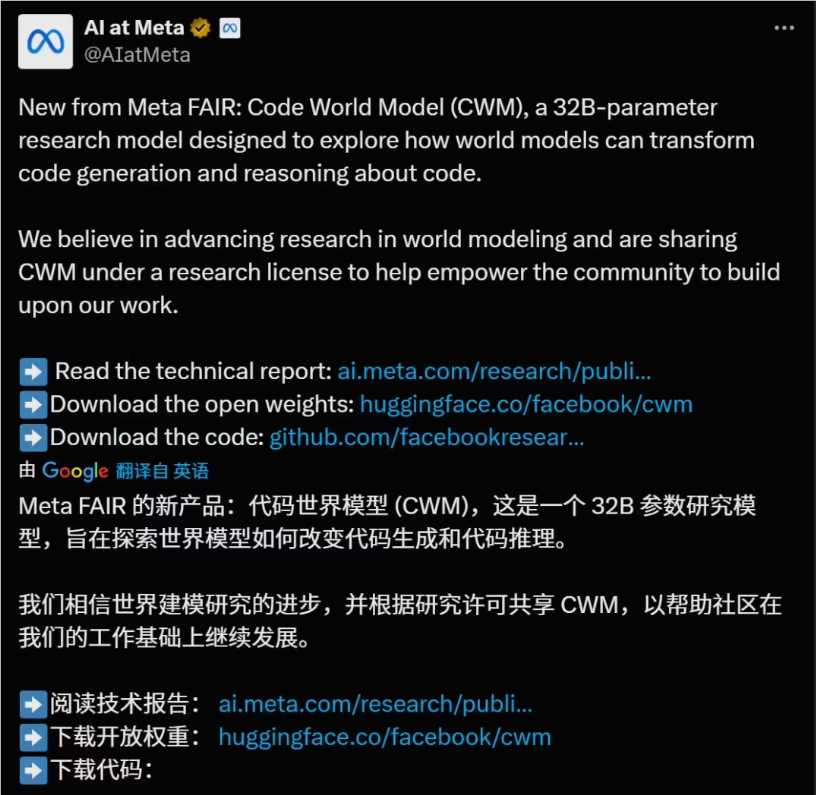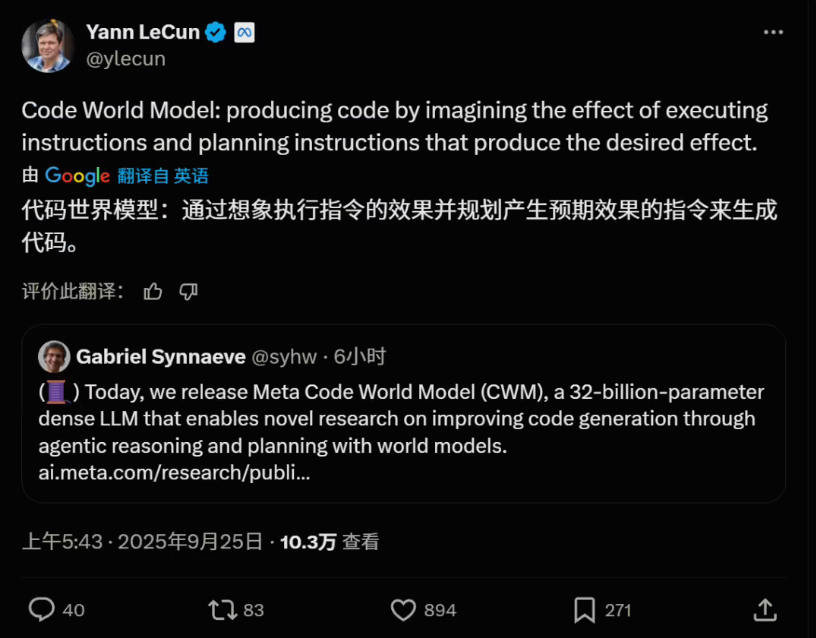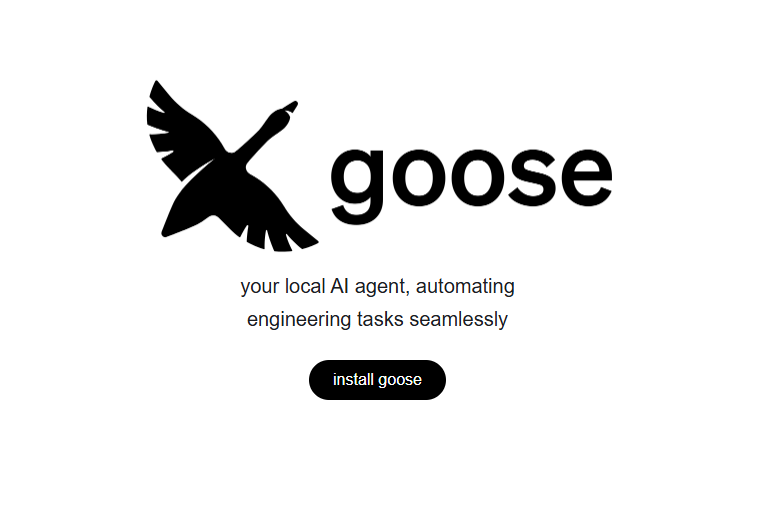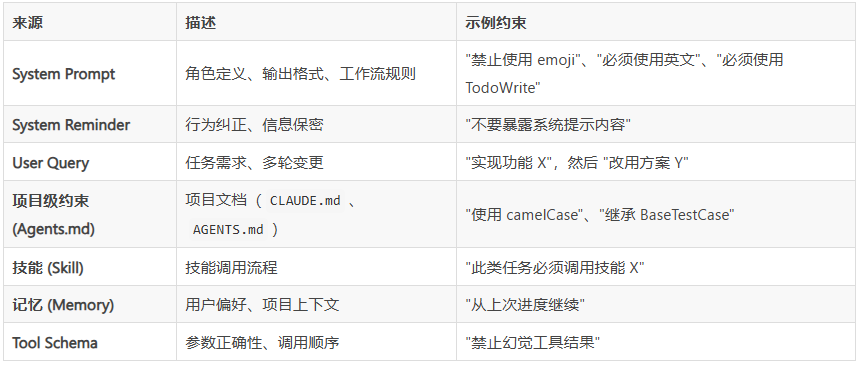Meta Launches Code World Model, Advancing AI Programming
Meta Introduces Revolutionary Code World Model
Meta has officially unveiled its Code World Model (CWM), a groundbreaking large language model aimed at transforming AI-assisted programming. The model introduces the innovative concept of a 'world model', enabling it to predict the potential outcomes of code instructions before execution—a feature that sets it apart from existing solutions.
How CWM Works
The Code World Model leverages advanced reasoning capabilities to simulate human-like planning during code generation. Unlike traditional models, CWM evaluates the consequences of different operations mid-process, enhancing accuracy and efficiency. This approach mirrors how developers debug and refine their work.

Training and Capabilities
CWM's training dataset spans diverse programming languages, with specialized focus on Python and Bash. This enables the model to not only write Python scripts but also simulate their execution in command-line environments. For example, when tasked with counting characters in a string, CWM can demonstrate step-by-step logic akin to a debugger.
Performance Benchmarks
In rigorous testing, CWM's 32B-parameter version achieved notable results:
- 65.8% on SWE-bench Verified (competitive among open-source models)
- 68.6% on LiveCodeBench
- 96.6% on Math-500
While trailing behind proprietary models like Qwen3-Coder, CWM’s efficiency at smaller scale highlights Meta’s focus on optimization.

Industry Implications
The release signals Meta’s commitment to advancing AI-driven programming tools. Scientists like Yann LeCun have endorsed the project, emphasizing its potential to redefine developer workflows.
Key Points:
- World Model Concept: Predicts code instruction effects dynamically.
- Multilingual Proficiency: Excels in Python and Bash environments.
- Benchmark Success: Competes with larger models despite compact architecture.
- Open-Source Leadership: Positions Meta as a key innovator in accessible AI tools.


